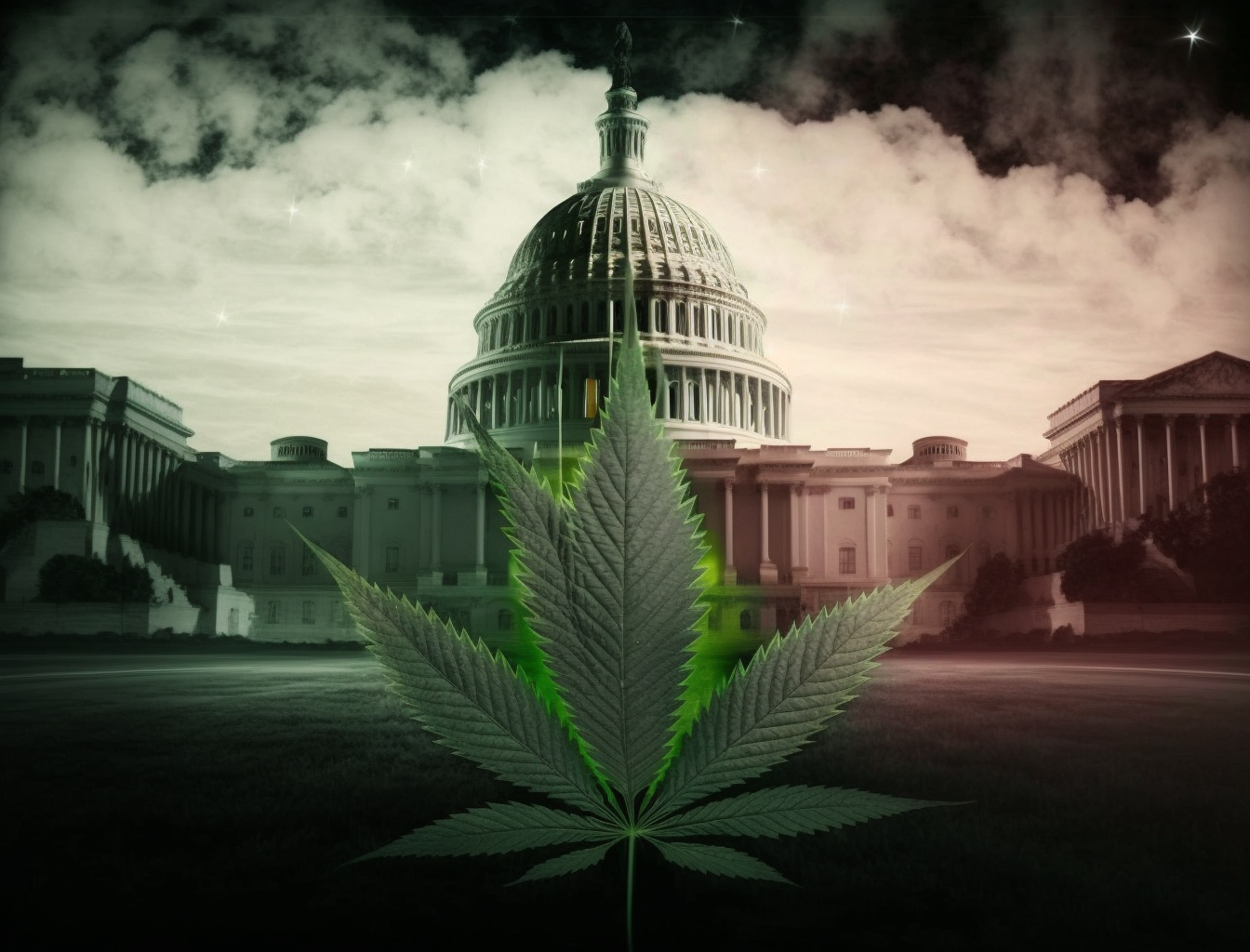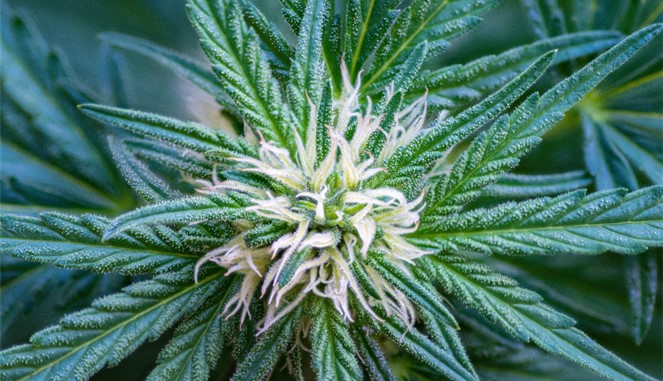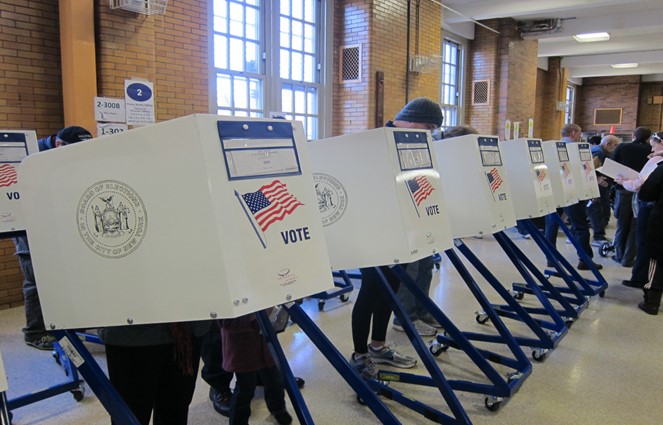Will Marijuana Stocks Regain Energy if this Federal Bill Passes?
Federal legalization concerning medical and recreational marijuana would go a long way to light up the companies that now operate legally under state laws. A group of bipartisan lawmakers in Washington refiled a bill last week to regain momentum toward national cannabis legalization. The incremental reform would direct the attorney general to create a commission for the purpose of making recommendations on a regulatory system for cannabis modelled from alcohol laws and oversight.
On April 13, the PREPARE Act (Preparing Regulators Effectively for a Post-Prohibition Adult-Use Regulated Environment Act) was presented by Rep. Dave Joyce (R-OH) and House Minority Leader Hakeem Jeffries (D-NY). The bill sponsored by this senior House Democrat along with a Republican lawmaker is intended to lay the groundwork for federal marijuana legislation.
“With nearly every state adopting its own set of cannabis reforms, an end to federal cannabis prohibition is inevitable,” Joyce, co-chair of the Congressional Cannabis Caucus, said in a press release.
“Now is the time for the federal government to respect the will of our constituents and begin the conversation on fair and effective cannabis regulation,” he said. “The PREPARE Act will give lawmakers a bipartisan platform to legislate not only a fair and responsible end to prohibition but also a safer future for our communities.”
The prospects of comprehensive marijuana legalization advancing in the Republican-controlled House this session will not be without heated debate, but certain members have expressed confidence that modest reform could be achievable on a bipartisan basis. The PREPARE Act could represent an area of agreement.
“Americans across the political spectrum recognize that now is the time for cannabis reform, and the federal government should be ready to embrace and lead this change,” Jeffries said. “Since the failed war on drugs began over 50 years ago, the prohibition of marijuana has ruined lives, families and communities—particularly communities of color.”
“The PREPARE Act is one of the bipartisan solutions that will lay the groundwork to finally right these wrongs in a way that advances public safety and boosts our economy,” he said. “I am grateful to Congressman Joyce for reintroducing this important bill and his leadership to help the federal government be ready for the inevitable end to cannabis prohibition.”
While legalization was introduced last Congress, with Democrats in control of both chambers plus the White House, they did not advance on the Senate side, with leadership acknowledging the challenge of meeting a 60-vote threshold with a narrow majority.
Advocates of fewer restrictions on the federal level are also closely following developments on a package of incremental reforms that’s expected to contain marijuana banking and expungements legislation. Efforts to push that through last session similarly stalled out.
The PREPARE Act, meanwhile, is substantially identical to the version the same lawmakers filed last Congress, with just a few minor changes to the commission’s responsibilities and legislative appointments.
The Bill aims to provide for:
A “Commission on the Federal Regulation of Cannabis” it requires that within 30 days of the bill’s enactment that this is established by the attorney general. The commission would be responsible for understanding federal and state regulatory models for alcohol making recommendations about how they could advise marijuana regulations.
One key thing the commission’s report must address is the impact of marijuana criminalization, particularly as it concerns minority, low-income and veteran communities.
The panel would also examine the “lack of consistent regulations for cannabis product safety, use and labeling requirements,” including those related to youth safety, as well as the “lack of guidance for cannabis crop production, sale, intrastate, interstate, and international trade. “
It would also be required to make recommendations on how to undo cannabis-related banking and research barriers and also address measures to ensure the “successful coexistence of individual hemp and cannabis industries, including prevention of cross pollination of cannabis and hemp products.”
The panel would be mandated to study and make recommendations on “efficient cannabis revenue reporting and collecting, including efficient and tenable federal revenue frameworks.”
The panel would be required to issue a report to Congress within 12 months.
As part of the bill’s directive to assess risk and safety standards, the bill was revised for the current Congress to make it so the commission would also have to look at “requirements to protect youth and reduce harms to youth.”
In the previous version, it was the responsibility of the House minority leader to choose a candidate who was “medically licensed with extensive expertise and demonstrated research into cannabis use and medical therapies.” Under the revised bill, the majority leader would be in charge of that.
The panel would also include representatives of:
Department of Health and Human Services
Department of Justice
Department of Agriculture
Department of Veterans Affairs
Department of Interior
Department of Education
Department of Labor
Department of Commerce
National Institutes of Health
Alcohol and Tobacco Tax and Trade Bureau
Food and Drug Administration
Internal Revenue Service
Bureau of Alcohol, Tobacco, Firearms and Explosives
National Highway Traffic Safety Administration
Occupational Safety and Health Administration
National Institute of Standards and Technology
Small Business Administration
U.S. Trade Representative
Some of the appointments would be made by the congressional leaders, and others would be selected by the attorney general. The bill also contains a stipulation that, “if after the commission is appointed there is a partisan imbalance of commission members, the congressional leaders of the political party with fewer members on the commission shall jointly name additional members to create partisan parity on the commission.”
The panel must also include a person formerly incarcerated for a non-violent cannabis use or possession crime, a substance use disorder prevention expert, a representative from a trade organization or nonprofit representing highly regulated adult goods and consumer package goods and two people who have worked to develop state-level regulatory systems.
Attorney General Merrick Garland, for his part, has repeatedly said that he doesn’t feel that intervening in states that have legalized cannabis is an appropriate use of Justice Department resources.
He said last month that the federal government is “still working on a marijuana policy” amid an ongoing administrative review into cannabis scheduling that President Joe Biden directed late last year.
Take Away
While states continue to move forward and pass laws allowing both recreational and medical marijuana, federal laws prevent access to the banking system, US postal service, and make them potentially prosecutable under federal law.
The re-introduced bill aims to open the door for these businesses to operate more freely, while at the same time make amends for harsh punishments imposed on those convicted of marijuana use in the past.
Overall, federal legalization of cannabis would energize the medical and recreational marijuana industries in the US, providing greater access, reduced legal risks, increased investment, tax revenue, and research opportunities.
Paul Hoffman
Managing Editor, Channelchek
https://joyce.house.gov/posts/joyce-jeffries-reintroduce-bipartisan-legislation-to-prepare-for-inevitable-end-to-federal-cannabis-prohibition
https://jeffries.house.gov/legislation/





